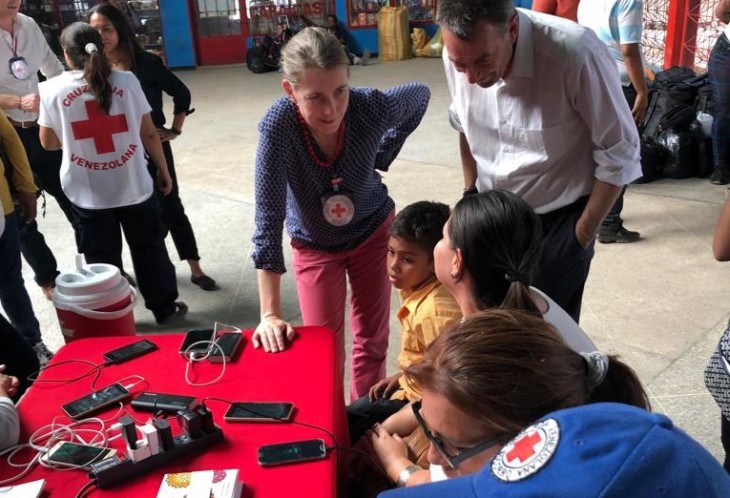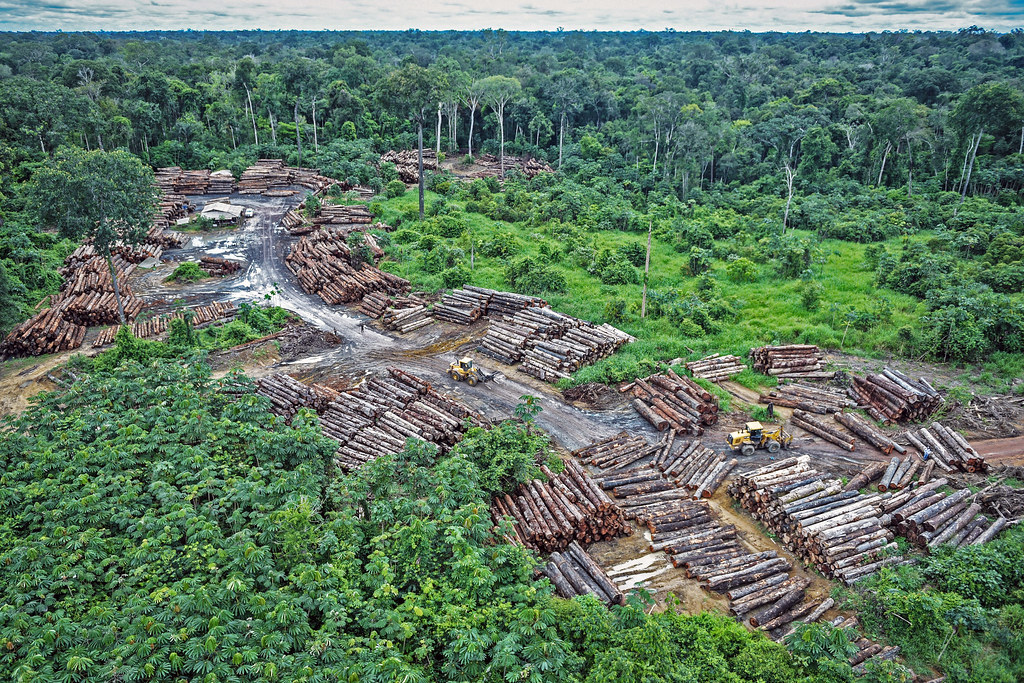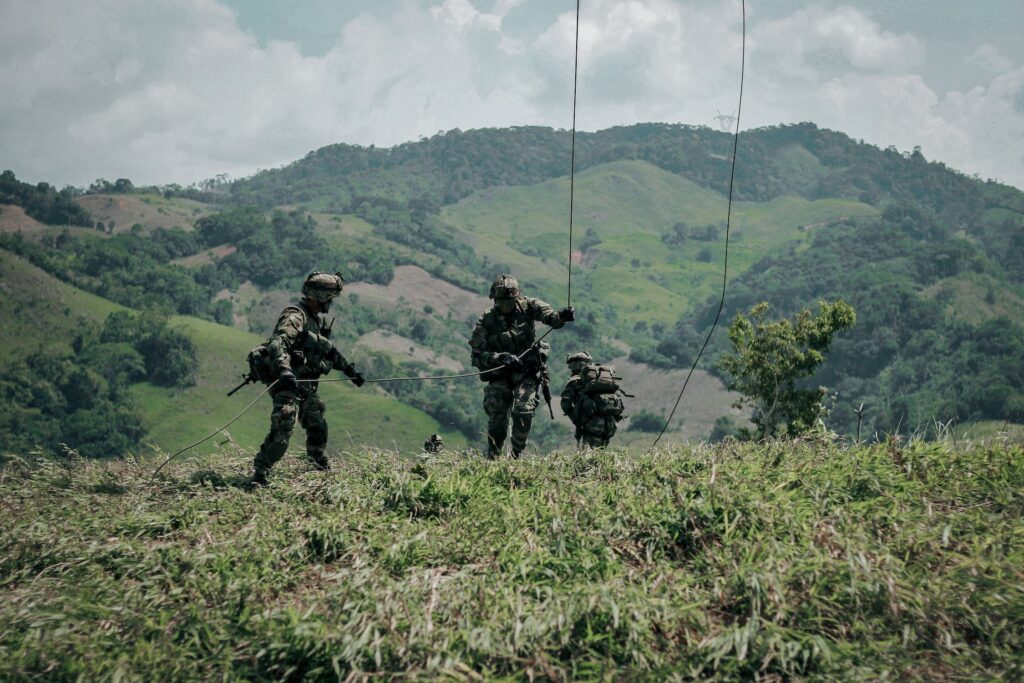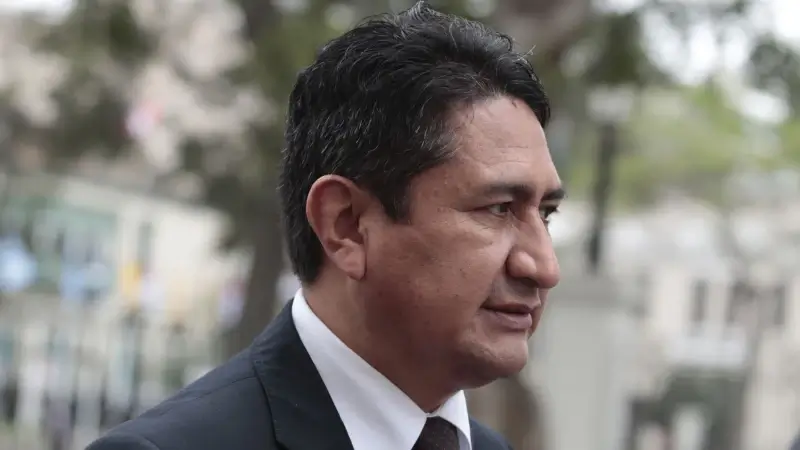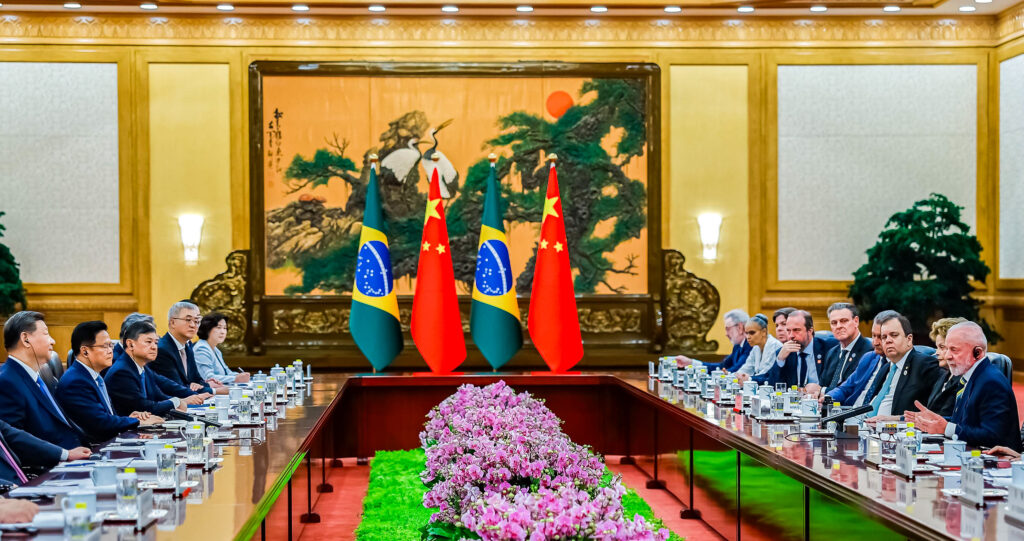President Nicolás Maduro has decided to allow the entry of Red Cross humanitarian aid into Venezuela, following a meeting with Peter Maurer, the chief of the International Committee of the Red Cross (ICRC).
Maurer conducted a five-day visit to Venezuela to review the ICRC’s activities in the country, becoming the organisation’s first chief to do so in 24 years. Yesterday, April 9, he met with Maduro at the Miraflores Palace in an encounter the president described as “productive.”
TRANSLATION:“We confirm our willingness to establish cooperation mechanisms for international assistance and support, respecting the Venezuelan legal order.”
After months of claiming that accepting humanitarian aid from outside Venezuela was to risk US invasion, Maduro has now decided that it is time to allow international intervention, provided that it complies with the agenda of existing social programmes in Venezuela.
The president previously rejected offers of humanitarian aid on the grounds that he did not want to “humiliate” his people, he said in an interview with the BBC. “Nothing’s going to get in,” he told military troops back in February.
Disputes over the entry of US-backed humanitarian aid into Venezuela in February led to border closures and a violent stand-off on the Colombia-Venezuela border that resulted in several deaths and multiple injuries.
Throughout these disputes, the ICRC has remained firm on its position not to send extra supplies of humanitarian aid to Venezuela in order to “shield its political position,” the organization’s delegation head for the United States and Canada told AP news agency.
However, the organization has held a strong presence in the country since 1996 with 98 members of staff currently on the ground. The Colombian Red Cross attended 741,687 people between July 2018 and January 2019, thanks to healthcare stations offering vaccinations and check-ups set up along the border and pedestrian routes into Colombia. It also provides phone calls for Venezuelan migrants who have left the country to reconnect with their families.
In a press release published last weekend, the ICRC claimed that as an organization, it was “concerned by the severe impact that the current situation has on Venezuelans, particularly those who lack access to basic services as well as migrants and their family members left behind.”
Today’s press release confirms the organization’s plans to increase their budget for operations in Venezuela from approximately $9 million to $24.6 million. It aims to dedicate more work to issues of migration, health, water and sanitation. Eight hospitals and primary health centres in Venezuela will now benefit from ICRC support.
During his visit, ICRC chief Maurer met with patients and doctors in hospitals on the Venezuelan borders with both Colombian and Brazil, another region hit hard by the humanitarian crisis.
“Hospitals are having difficulties ensuring they have water, electricity, medicine and enough health staff on site. Our cooperation with and support to the public institutions will be crucial to reverse this trend,” Maurer claimed in an ICRC statement.
Maduro’s decision to accept the offer of international support comes amidst Venezuela’s ongoing energy crisis, which continues to cause frequent widespread power cuts across the country. Just two days ago, a nationwide electricity blackout left some states without power for over 24 hours.
Meanwhile, self-declared Interim President Juan Guaido continues to use social media to rally members of the opposition to the streets in protest against Maduro. He recently managed to ensure the entry of 20 tons of humanitarian aid into the Venezuelan-Brazilian border town of Santa Elena de Uairen.
According to United Nations’ Secretary-General Antonio Guterres, there are an estimated 7 million Venezuelans in need of humanitarian assistance.
Read more on the Venezuelan crisis:


